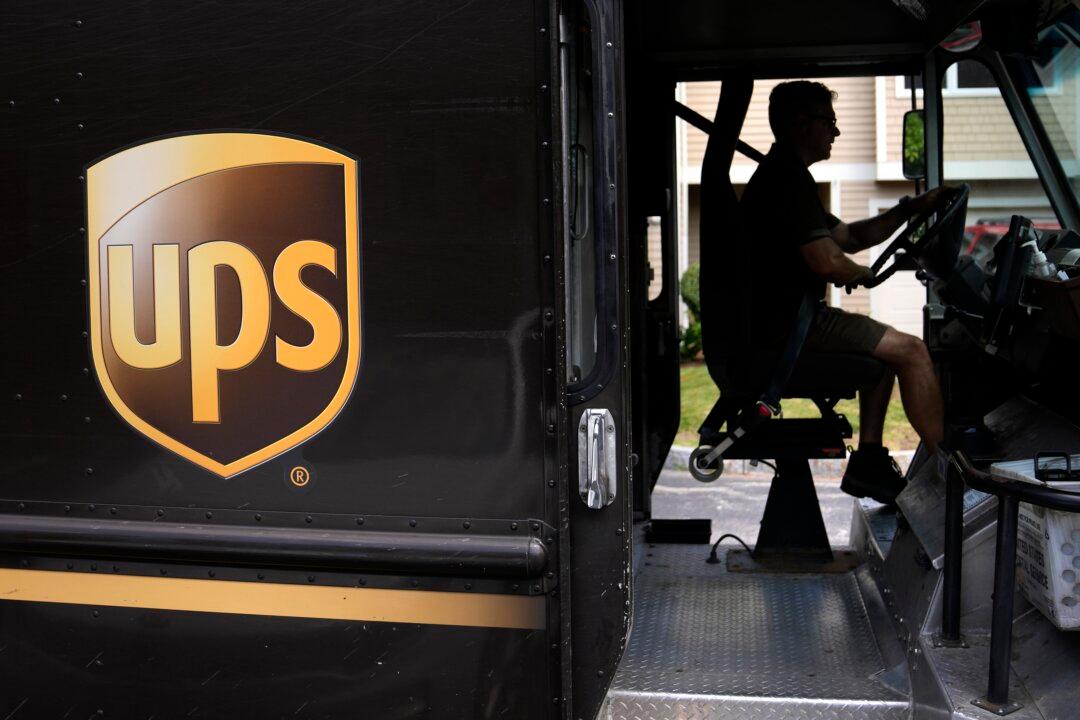The Teamsters Union ratified their contested contract the with United Parcel Service, eliminating the risk of strike that would have paralyzed shipments across the United States.
The International Brotherhood of Teamsters posted on social media on Aug. 22 that drivers had overwhelmingly voted to ratify a “historic collective bargaining agreement” with the shipping giant.





